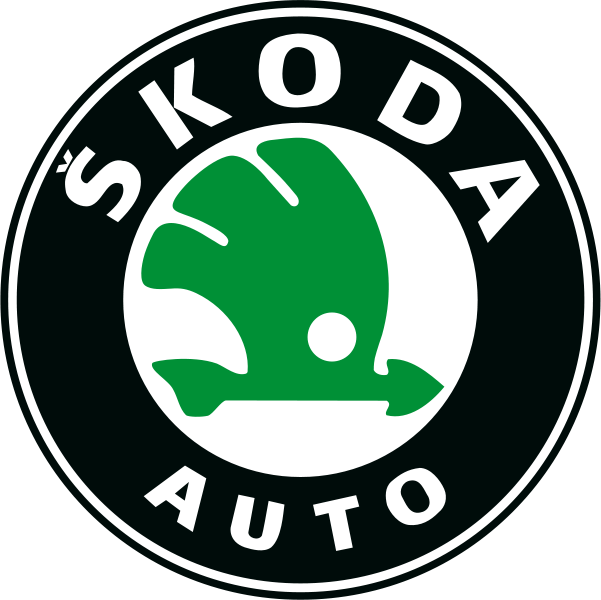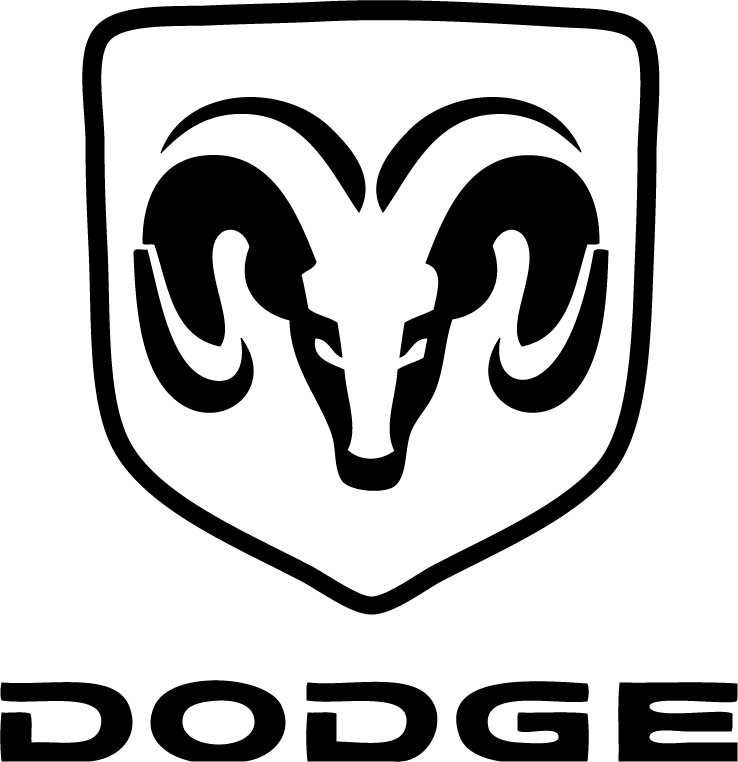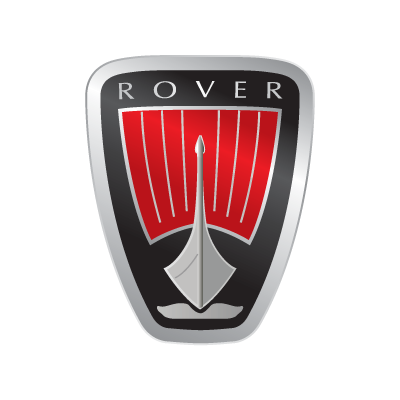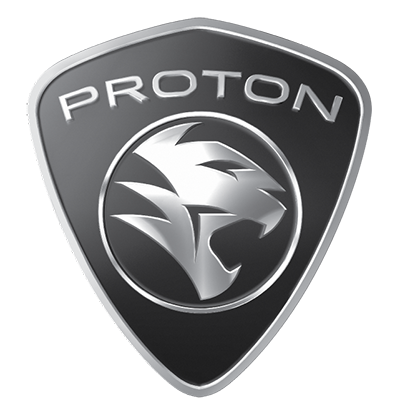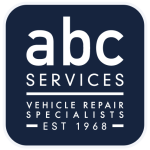How to check your car’s engine levels
Why is it important to check your vehicles levels?
You should check your vehicles levels because it could prove paramount to your vehicles conditions and to your safety.Checking your levels is easy and is something you should get familiar with doing on your vehicle, if it isn’t something you feel comfortable with ABC Services will be happy to carry out a complimentary levels check.But, if you are going to check your own levels here is what you should check and why.
Engine oil, you should make sure that your engine oil is topped up to the correct level because running your vehicle with a lack of engine oil will cause excess wear on all your engines internal components, which will cause problems such as tapping and knocking noises for the engine and eventually in a component failure, needless to say this is when the repair bill gets expensive.A couple things to note when topping up your oil, make sure that you top up using the correct oil for your engine and DO NOT overfill with oil as this can cause just as much damage as lack of oil. If in doubt, check your owner’s manual, this will tell you how to read the engines dipstick and what oil to use.
Coolant/Anti-freeze, this is the water mixture that circulates round your engine to help warm it up from cold and to cool it down when hot.If your vehicle loses its coolant you will overheat your engine causing damage, so you should make sure coolant is at the correct level, which in most cases is indicated on the side of the reservoir, if you notice the level is very low you should probably go and get the system checked by a garage for leaks.Also, you should check the strength of your coolant/anti-freeze especially for the winter, so that the water in your engine doesn’t freeze, because when water freezes it expands and this could cause damage to your engine in the way of cracks.
Brake fluid, find your reservoir and there should be a minimum and maximum mark on it.It is very important to make sure that this level is topped up for obvious reasons, if you lose your brake fluid, you lose your brakes and there for are unable to stop your vehicle in the correct and safe manner.Once again, if you find this level to be very low, it would be advisable to book your vehicle in for a brake systems check.
Power steering fluid, more and more vehicles are going towards having electronic power steering, but if your vehicle has a hydraulic system, this level should also be checked and topped up on a regular basis.Loss of the fluid can not only cause damage to the steering components, but can make the steering go very heavy.When the steering goes heavy it becomes very difficult to turn the steering wheel making it unsafe to manoeuvre your vehicle.
Windscreen washer fluid is the one fluid which a lot of people use up and don’t bother to top up, leaving them unable to wash their windscreen and obscuring their vision of the road ahead.When topping up your washer fluid it is advisable to mix the water with a screen wash to help clean the screen properly removing any stubborn marks and traffic film.DO NOT use household washing up liquid as this will block up and damage the washer pump and jets.
Tyre pressure, be sure to keep your tyres at the correct pressures as this has several benefits, safety and financial.An under or over inflated tyre will cause incorrectwear on the tyres not only meaning that you will need to replace tyres before needed, but will also and more importantly cause handling issues with the vehicle.And another little thing to take note of an under inflated tyre causes more friction/drag on the road, in turn making the engine work harder to turn the wheels which naturally uses more fuel, so by maintaining your tyre pressures, you’ll spend less time at the pumps.
Remember all vehicles have different specifications, to what their levels and fluids are so always refer to the vehicle owner’s manual.
Feel free to come along for a FREE levels check!
Ideally you should be aiming to check your levels on a monthly basis, but at a bare minimum of every quarterly.Although checking your levels on a regular basis will help maintain the health of your vehicle, it is NOT a replacement for an annual service!















